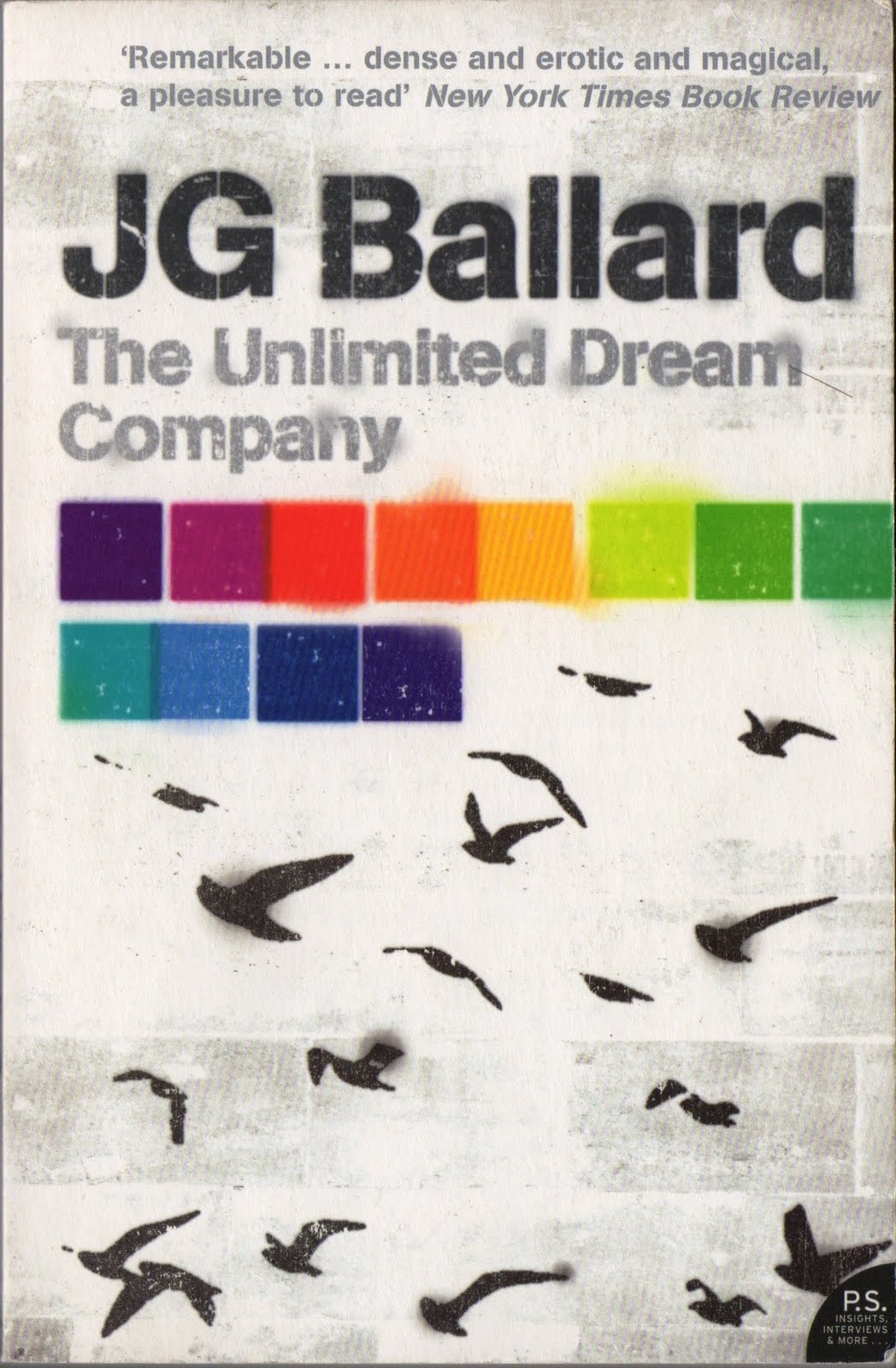Ballard’s lush descriptions of the exotic flora and fauna with which Blake populates the village are intense and evocative, as are the scenes where he teaches Shepperton’s inhabitants how to fly, or turn into birds. Flight is in fact a recurring motif, from Blake’s early obsession and his theft of the plane, to the later scenes of the people soaring over the town, taking in the sights and sounds from the air. It’s used as a metaphor for freedom, yet is undermined by the fact that Blake apparently cannot leave the village, trapped there by some unseen force.
Contradictions such as this are what drives the novel forwards. Blake is notionally the town’s messiah, yet he is selfish, taking his actions largely for his own benefit. He is dead and alive at the same time, never sure himself if he actually survived the crash. And it’s not certain if his crusade really harms or helps the people of Shepperton. These ambiguities create interesting tensions and complexities, ensuring that it sticks in the reader’s mind long after it’s finished.
What makes the novel optimistic is the sense throughout that anything is possible. In the same way Blake transforms the space in which he finds himself, so we too can transform our environments to suit us better. The stultifying suburbia of Shepperton (standing in for our modern world) is broken down and remade, and the people given a new life as higher beings. While this is not presented as uncomplicatedly good – the transformation is done according to one man’s design, and not necessarily with the consent of Shepperton’s inhabitants – it nevertheless points in a direction where change can happen for the better.
The Unlimited Dream Company has quickly become one of my favourite of J.G. Ballard’s books. I loved its strange, dreamlike atmosphere, and the lyrical, expressive writing. Ballard was skilled at turning even the smallest details into highly potent symbols that resonate in the mind. If you’re looking for a book to capture the imagination, I would highly recommend it.
Review by Charlie Alcock

 RSS Feed
RSS Feed
